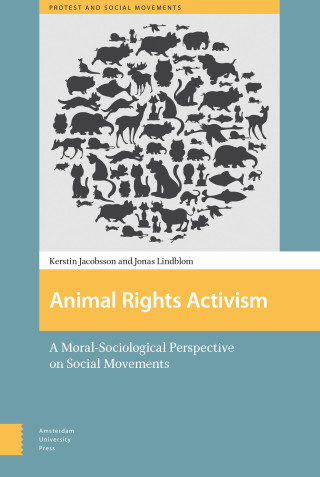Chapter 1. A long and complex struggle
The pioneering influence of the British model
Equivocal, evolving and cumulative engagements
Chapter 2. Noble gentleness, vile cruelty
The sensibility of distinguished men
The banning of repugnant spectacles
Chapter 3. To act as an enlightened philosopher
No sentimentality nor affectation
From the point of view of self-interest properly understood
Chapter 4. To enlighten the ignorant, to refine the barbarian
A soft pedagogy to prevent the crime
Discipline, reward and punish
Assisting the authorities
Chapter 5. «us », the animals and « them »
Repulsive beasts.
Distinctive national virtues
The established, the challengers and the excluded
Chapter 6. The rise in the power of tenderness
Animality, equality, fraternity
A source of affection or a private refuge?
Imaginary bestiary and the cuddly toys of our childhood
Chapter 7. (Animal) victims and social domination
At the heart of the revolt against the strong
Expose the torturers, come to the aid of victims.
Emotions, counter-mobilisations, delegitimation.
Chapter 8. A decreasingly « wild » nature
From the exploitation of animals to their contemplation
Technological ferocity, industrial slavery
Bringing moral philosophy up to date.
Conclusion
Primary sources
Bibliography
A brief chronology

